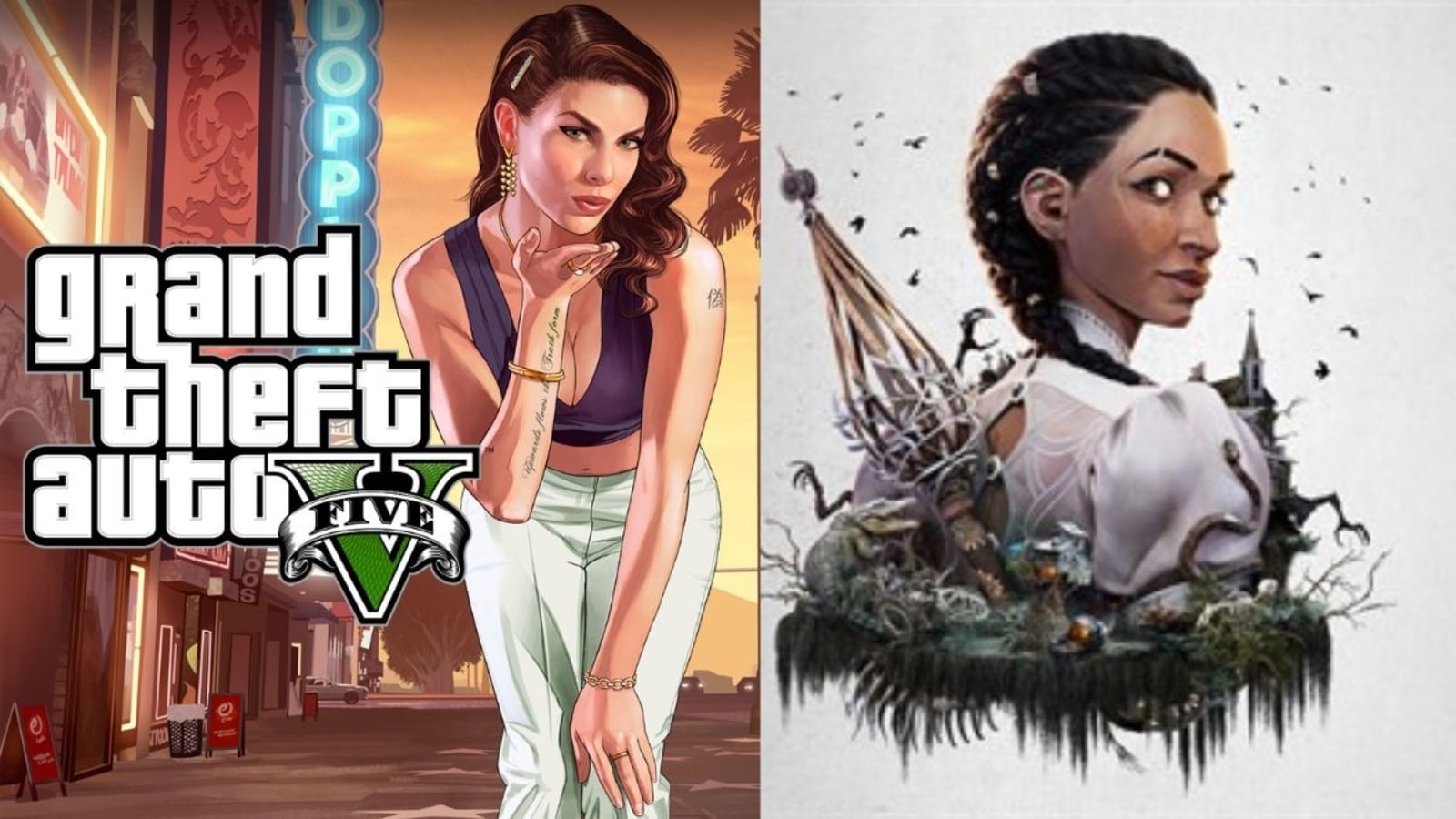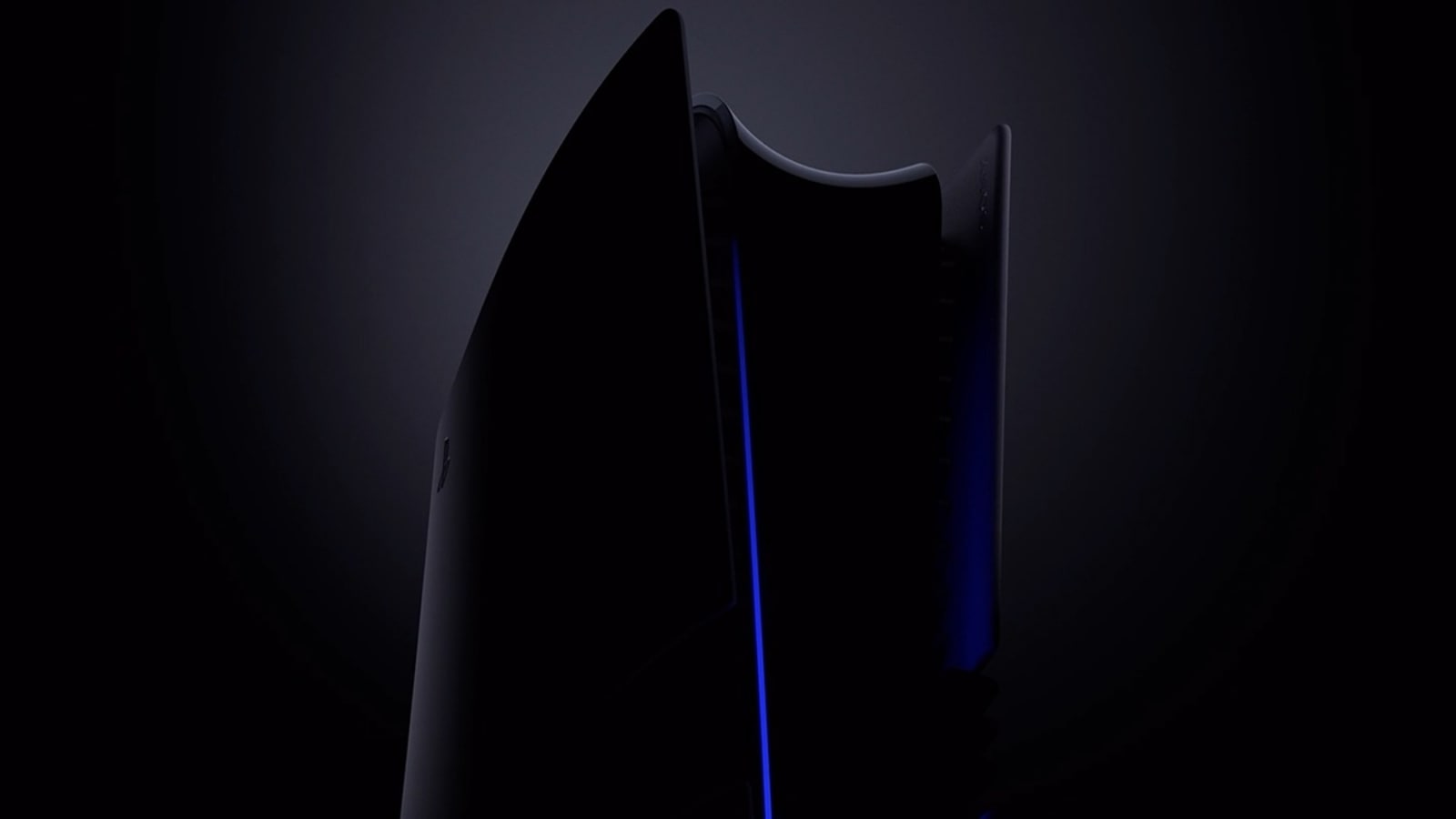Nicki Minaj gave birth in 2020 amid a five-year break between albums and kept mostly out of the spotlight during her son’s infancy. Though she has shared photos of her son, affectionately known as Papa Bear, on her social media accounts and in a recent Vogue cover shoot, she has kept plenty private, including his real name. Ahead of her return to music and the release of “Pink Friday 2,” which debuted at No. 1 in December, she told Vogue she had anticipated feeling pangs of missing out no matter how much or little she worked. “Well, if I’m going to have mom guilt regardless,” she said, “I might as well continue doing the only thing I know how to freaking do, which is make music.”
Da Brat said she had been fortunate to have the producer Jermaine Dupri as a mentor who never tried to change her tomboy image during the height of her career. Though rumors swirled about her sexuality, she feared coming out as bisexual in 2020, when she began dating Jesseca Dupart, who is now her wife. The couple stars in the reality TV show “Brat Loves Judy,” which documented Da Brat’s pregnancy with their son, True Legend.
“I feel for all of those women who felt like they had to choose between having an abortion or music because someone said, ‘It’s this or your career,’” she said in an interview. “Women have a chance to have families and their careers, which is how it should’ve always been.”
Famous women have generally been more open to discussing their personal lives, health and struggles on social media, and have drawn large, loyal audiences there as a result. Minaj touts 229 million followers on Instagram and Cardi B boasts 169 million, compared with Drake, J. Cole and Future’s combined 177.5 million followers, making women in music a logical choice for brands seeking direct-to-consumer connections.
Because people are increasingly discovering brands via TikTok videos, YouTube tutorials and Instagram reels, female artists — with their large, highly engaged follower counts — stand to benefit. “They’re more likely to drive sales with all products,” said Ebonie Ward, the chief executive of the all-female management company, 11th & Co, which counts the rappers Flo Milli and Future as clients. She added that beauty, makeup and skin care is a high-spend category where marketers tend to favor female endorsers.
























